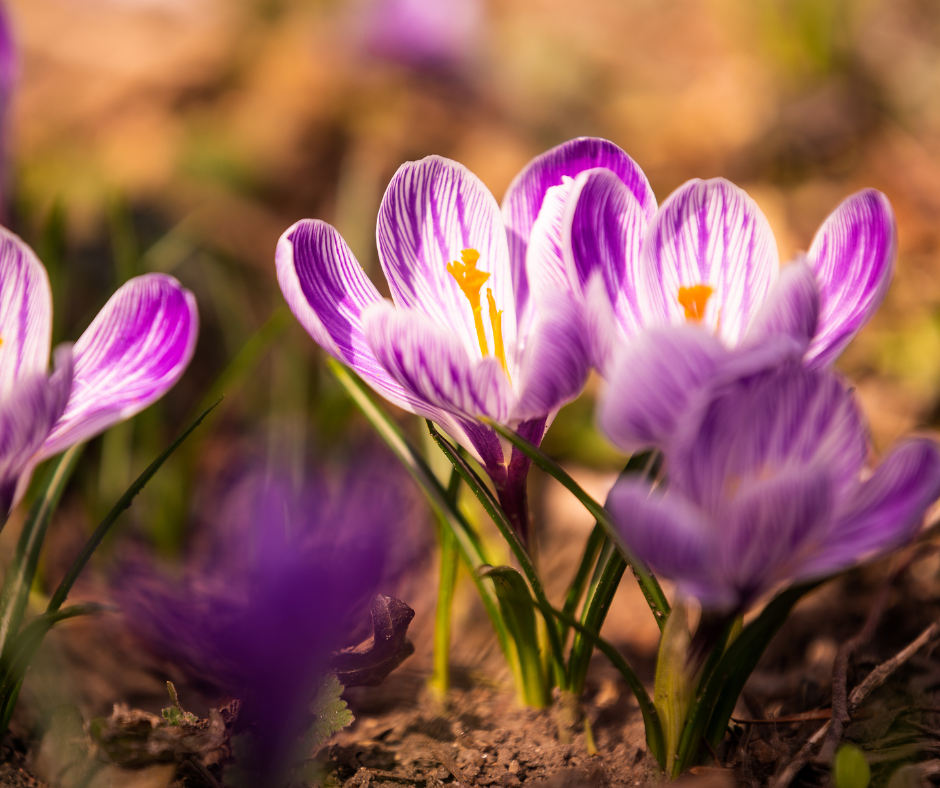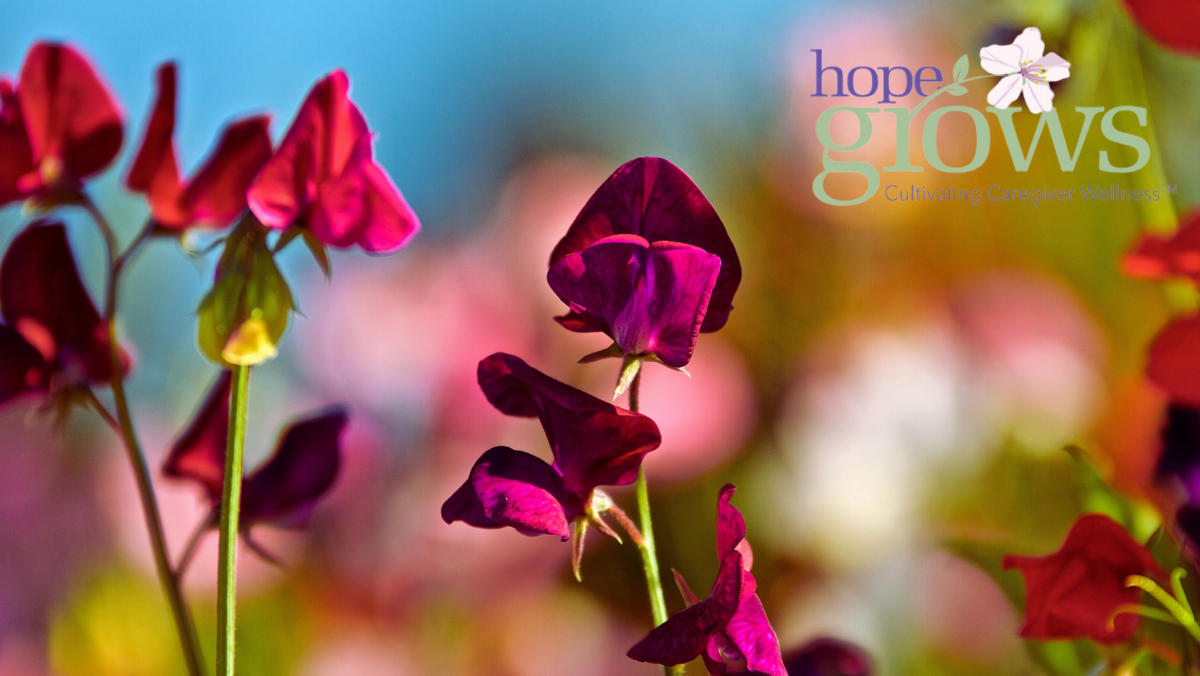Gifts of the Spring Equinox
Ever had to begin again? Start anew? It’s a lot of hard work, isn’t it? Leaving the past behind. But it’s a time effervescent with possibility. A newness to be wholly trusted.
For thousands of years, the spring equinox has come bearing gifts of renewal, rebirth, and reawakening to us and the emerging landscape. The word “equinox” actually means “equal night” in Latin. It’s one of only two days out of the whole year when the earth’s 23.5 degree axis is not tilting toward or away from the sun. The sun shines completely perpendicular to the equator, at a right angle. Dark and light are available for roughly the same amount of time, existing in a state of total balance, and the seasons shift. Light takes the lead.
The renewal of life is one of mother nature’s greatest teachers. Want to know how I found that out? Years ago, I found myself trying to put myself back together after a mental and physical trauma. I was lucky enough both to be recuperating over the spring months and to live in an area where I had access to a park. Before then, spring had just been a season, like all the rest. But that spring, I woke up. It felt like I was seeing the earth for the first time. That spring, I had to stop and examine every flower, tree, shoot, and bush. It felt like mother nature was leading me by the hand from one to another, revealing herself to me all at once, and the earth came alive. From my disabled state, I experienced something I never had before: the underlying magic of spring. I was changed, more connected to nature than ever before. It forged an unforgettable reverence and hope in my soul, leaving me with a deep appreciation for the gift life’s renewals really are, both inside and out.
Throughout history, the spring equinox has been heralded and celebrated worldwide. The Persian
calendar, still used by Iran and Afghanistan today, celebrates the “equinoctial new year,” marked by a 13-day festival, as the first day of the year. In India, the famous Holi festival, signifying the triumph of good over evil, where revelers cover one another with brightly colored powdered paint, is celebrated at the spring equinox. And Easter and Passover, two of the most widely celebrated spring religious holidays, are both determined by the timing of the spring equinox.
You bet it’s a time to celebrate! We don’t have to bow to the powers of winter anymore! Watching the
earth reclaim herself every year never gets old. She shifts us from turning inward, hunkering down in
place, “wintering,” to coming outside into a universe teaming with life, working the land, gathering and growing together. The snow melts and the ground softens, leading us, once again, to abide in a reciprocal relationship with the earth. What we sow, we reap.
Around Hope Grows, we make room for the new by starting seeds, pulling weeds, raking leaves, removing dead stalks, and integrating fresh compost into the soil. Come Memorial Day, we want to be ready to PLANT.
As spring draws us outside in the next few months, it’s a great time to create space for the gifts of
the equinox in our own spiritual landscape. What will you leave behind under the covers of winter?
What newness will you cultivate? What seeds are you going to sow, inside and out? It’s a great time to clean out anything that is no longer serving your highest good, and an even better time to choose something you’ve always wanted to do and start. Setting intentions during this time can be very powerful.
When the sun’s new light of spring dawns, what new thing is it going to nourish? Think of a seed
germinating, cracking its shell, breaking open, and let light take the lead.
Written by Jessica Giannotta, Hope Grows Horticulturist


